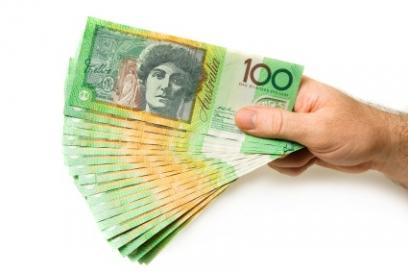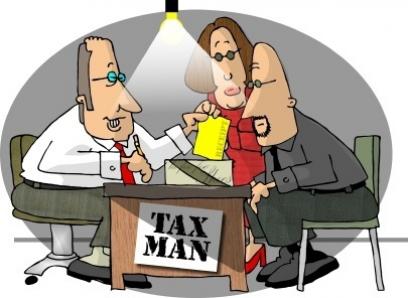
What is the 2% rule and why should all traders know about it?
When deciding to enter a trade the most important decision is determining how much to risk on the trade. The 2% Rule represents the actual percentage of a trader’s capital that he or she is willing to risk on a single trade should it go against them. So a trader with $100,000 capital will risk…

CFD traders are using the 80-20 rule – what is this?
There are numerous trading strategies that CFD traders are currently using. Strategies may vary from pairs trading to arbitration plays, portfolio hedging and more complex butterflies. I want to discuss a very basic strategy that many traders are using although there are traders out there that are still oblivious to this strategy. Those of you…

Should I buy options that are in the money or out of the money?
There is no wrong and right answer to this question. Whether you decide to buy in the money or out of the money, options will be totally dependant on your trading strategy and tolerance towards risk. However we will discuss some differences between trading options at various strike prices. In the money options are obviously…

What are naked options and why are they risky?
A holder of a call option has the right, but not the obligation to buy an underlying share at a specified price, whilst the holder of a put option has the right, but not the obligation to sell the underlying share at a specified price. The process of selling new options is called ‘writing’. When…

Where did CFDs come from, and why the weird name?
Contracts for Difference or CFDs were originally developed in the United Kingdom in the early 1990’s by Smith New Court, a London based trading firm. CFDs were mainly used by the firm’s hedge fund clients to short sell using the benefits of leverage and also to take advantage of the stamp duty exemptions, which were…

What does the term scalping mean, and how can a scalper make money on CFDs?
Scalping is a trading technique that involves opening and closing positions intraday in a variety of instruments such as FX, Futures or CFDs; typically “scalpers” will aim to profit from small price movements in their trading positions. They will also tend to trade much more frequently than medium to longer term “trend” following traders. It…

How CFDs are taxed
If you’ve been unnerved at the market fall, and you dread conversations with your CFD provider, here’s a surefire way to turn the tables: ask your provider about the tax treatment of CFDs Your provider will instantly utter the weasel word “compliance”, firmly state that it couldn’t possibly be seen to be giving individual tax…




